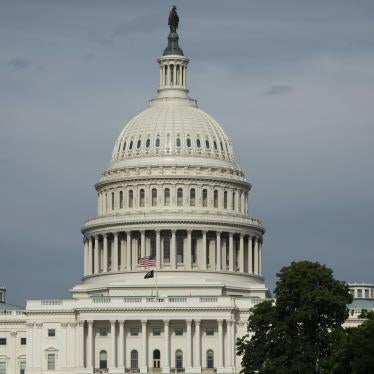A few years ago, I met a man from Miami who used to be hooked on heroin. Jose — not his real name — was living with HIV and hepatitis from sharing needles with other people. When I met him, Jose was helping other drug users avoid that fate by handing out clean needles in his Miami neighborhood. “I am the syringe exchange program in the state of Florida,” he said.
As a Floridian myself, I was shocked to hear this. In 2012, Miami-Dade County had the highest rate of new HIV infections in the country. According to the Florida Medical Association, Miami alone has an estimated 10,000 people who inject drugs, and one in five is HIV-positive. About one in three has hepatitis C. This is a public health disaster waiting to happen – and already did in Indiana.
In Indiana’s rural Scott County last month, more than 100 new cases of HIV were identified as transmitted by folks who were injecting painkillers and sharing needles. Gov. Mike Pence had opposed syringe exchange for his state and so had to authorize an emergency program for the country to address the health crisis.
Florida can avoid a similar disaster by passing the Infectious Disease Elimination Act – the IDEA bill – but there is no time to waste.
The IDEA bill authorizes the University of Miami to sponsor a five-year pilot program for exchanging used syringes for clean ones and providing health and treatment center information to people in Miami who are injecting drugs. Similar programs have been implemented in 30 U.S. states with remarkable results in reducing HIV and hepatitis C transmission and getting those who are ready to stop using drugs into treatment.
As Dr. Hansel Tookes of the FMA put it, “The evidence that needle exchanges prevent HIV and hepatitis is as strong as smoking cessation prevents cancer.” Though it may seem odd to give needles to injection drug users, these programs have been shown not to increase drug use; in fact, they provide a crucial bridge to health services, recovery and employment.
Under the IDEA bill, the Miami pilot program will be totally supported with private funds — no state money will be used.
Even if the state did pay for it, syringe exchange is incredibly cost effective. A clean syringe costs about a dollar. The cost of treating someone with HIV ranges between $300 and $600,000 over a lifetime, and this expense is often picked up by the public. Dr. Tookes did a study showing that in the last year, Jackson Memorial Hospital in Miami has paid more than $11 million for infections related to injection drug use. Forty percent of those costs were charged to Medicaid, meaning taxpayer dollars are spent needlessly on medical care that can be prevented.
Law enforcement also benefits from syringe exchange programs, as participants turn dirty needles in instead of hiding them in their pockets, and we all benefit from having fewer dirty needles dropped in the street.
Indiana’s too-little-too-late reaction to its public health crisis is just what Florida can avoid by passing the IDEA bill without delay.






